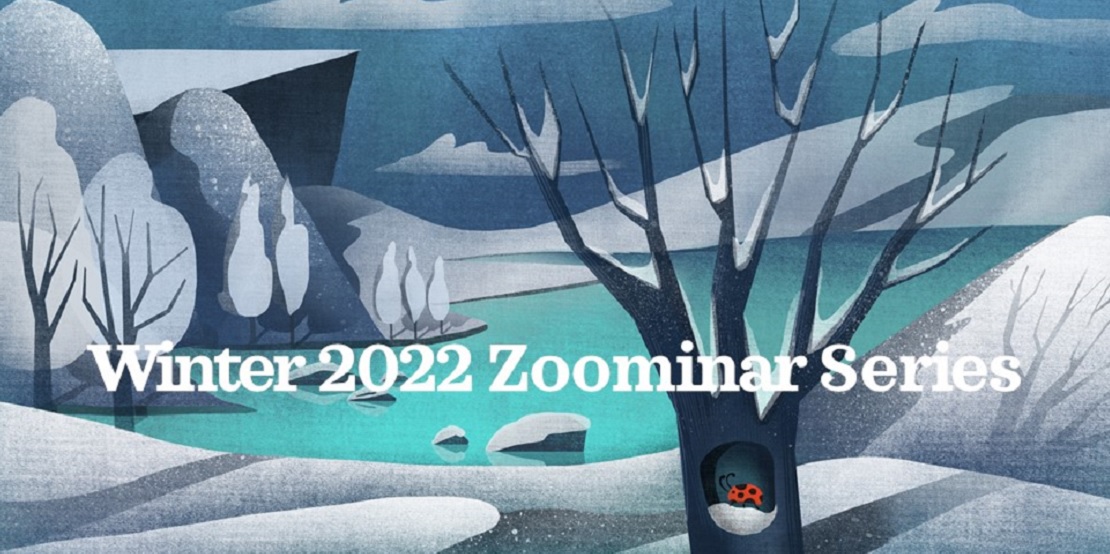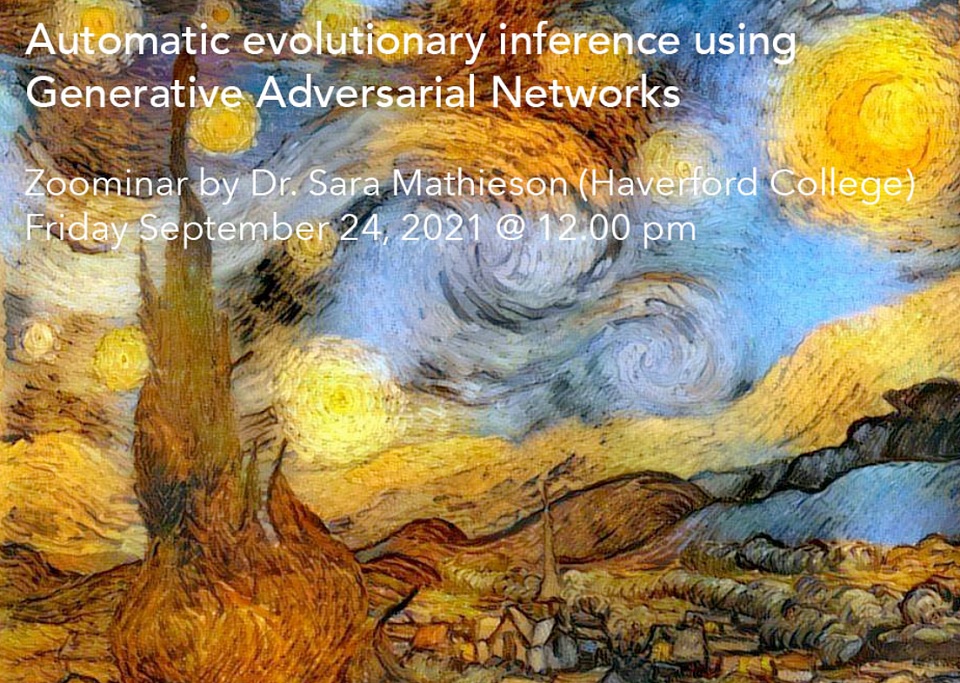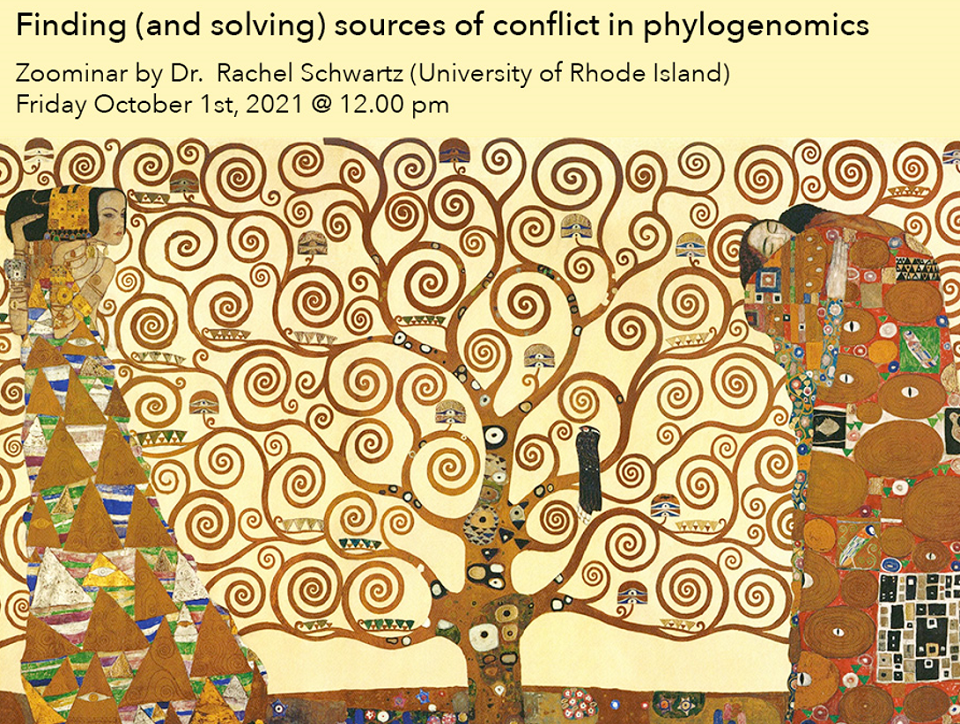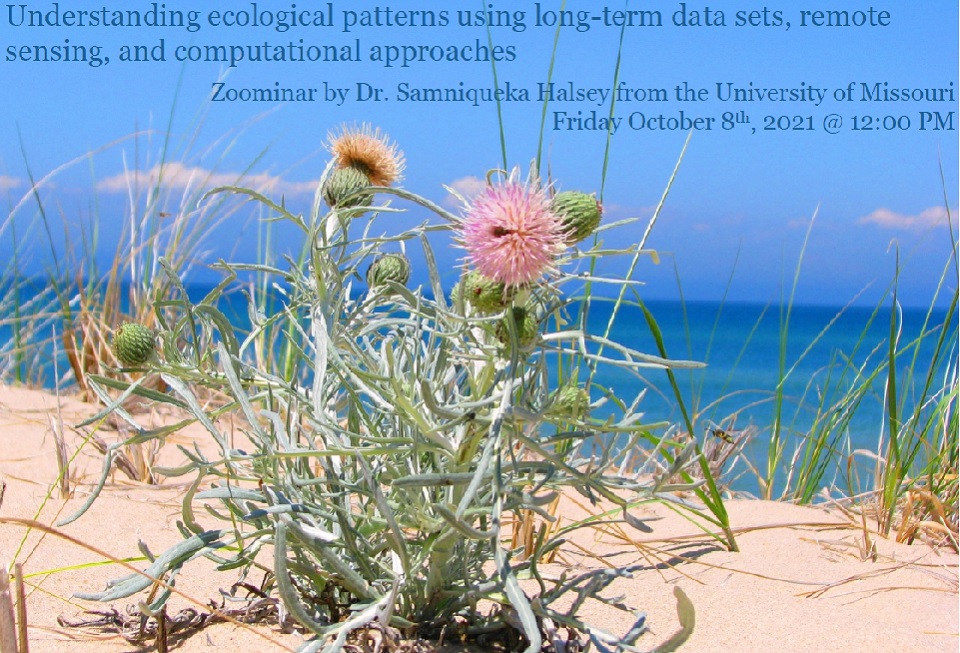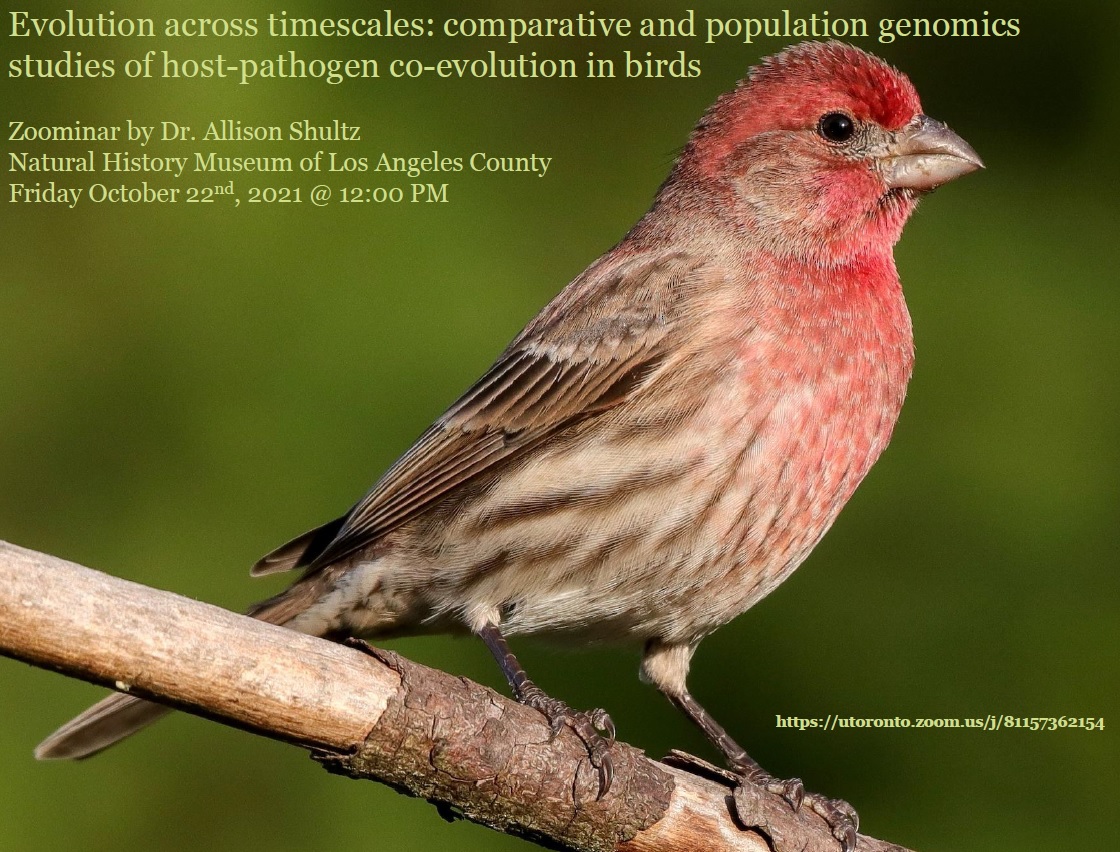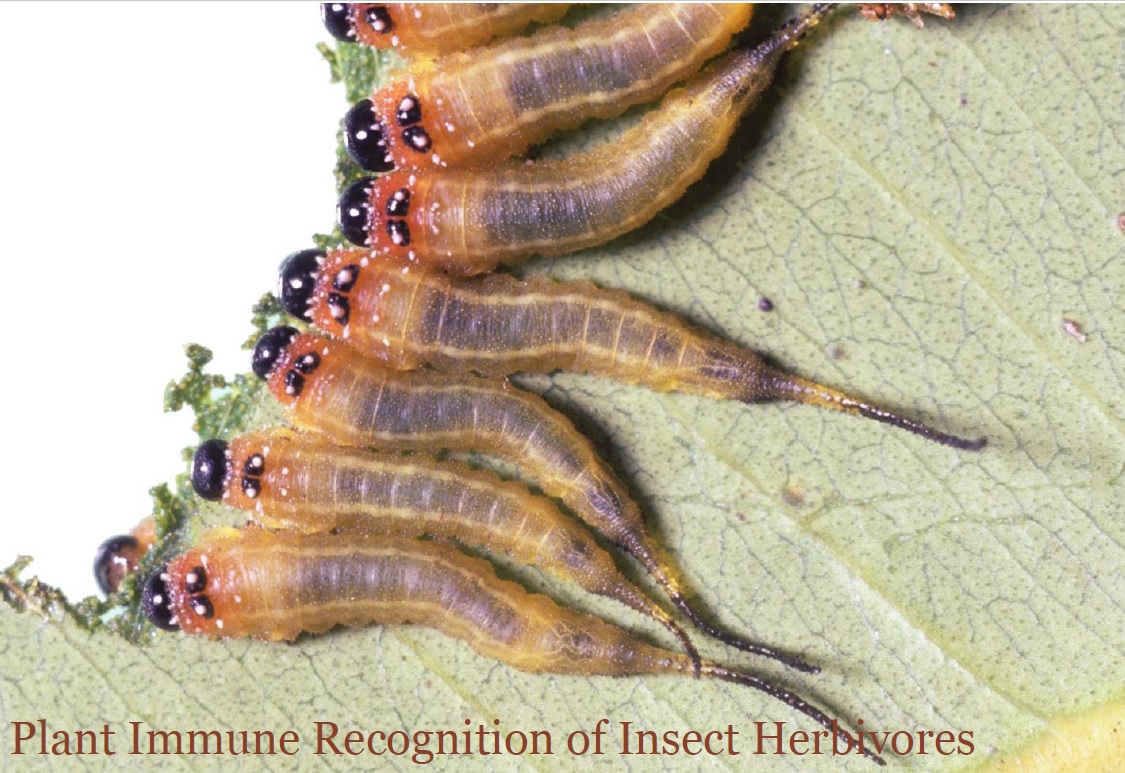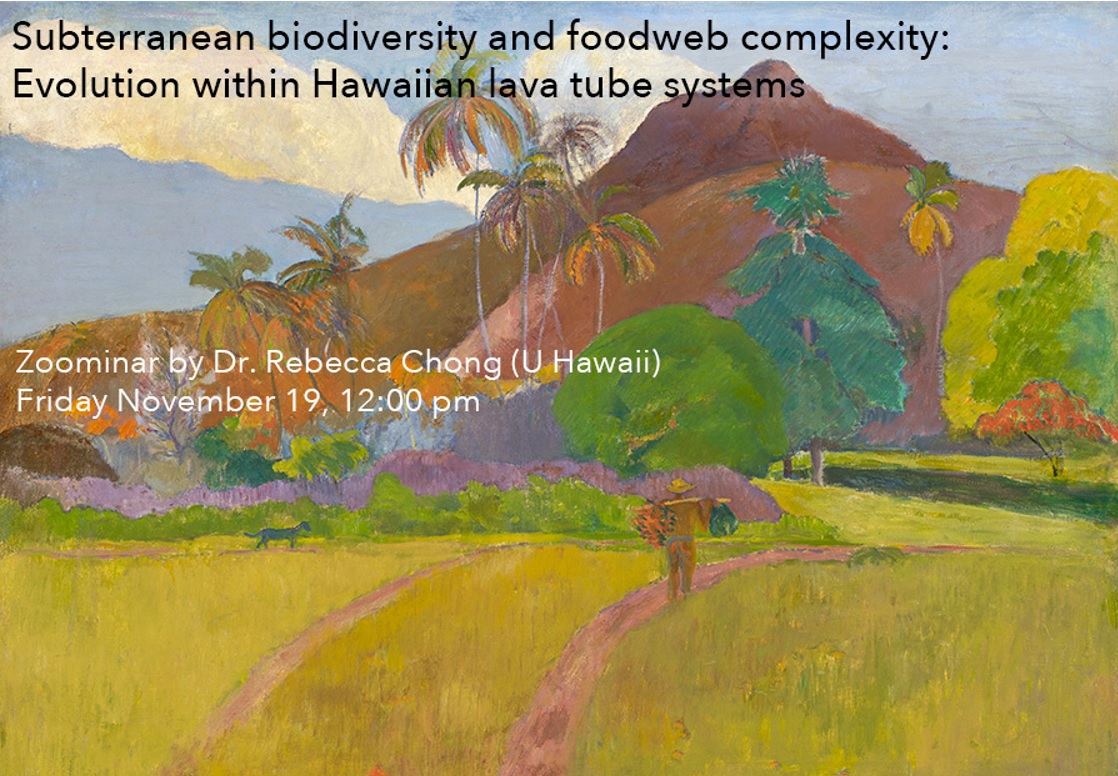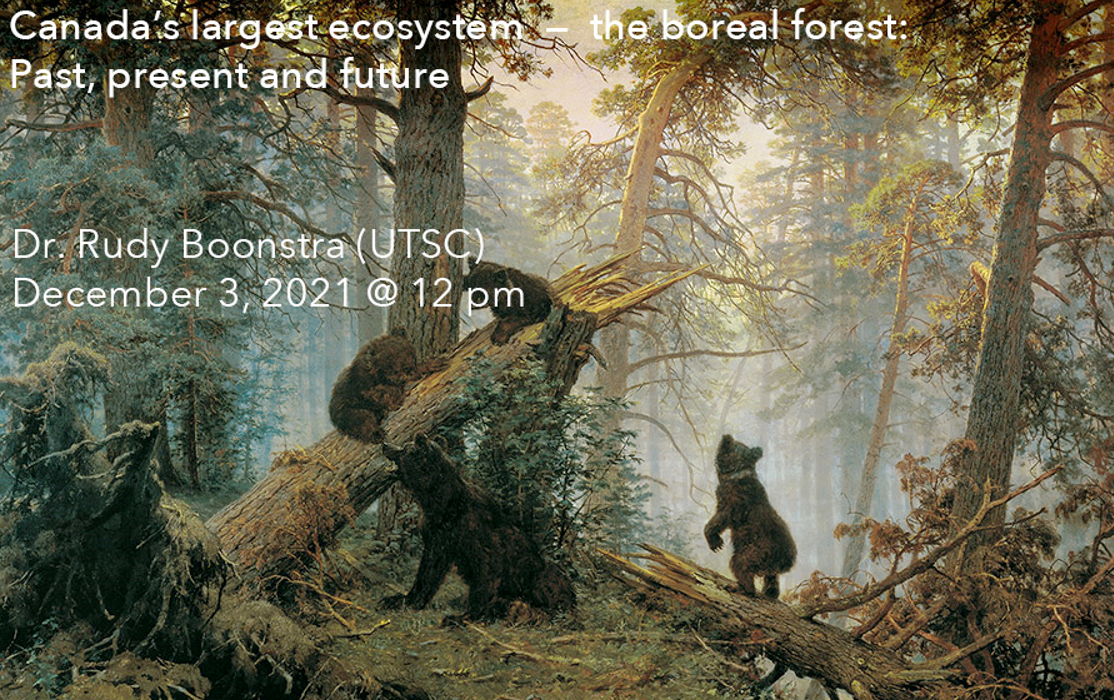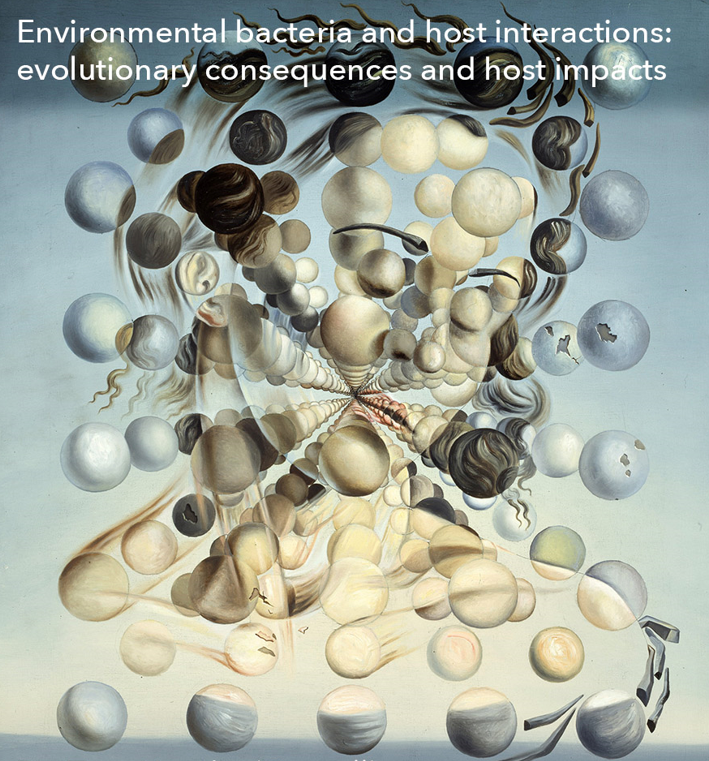Please note that seminars generally take place on Fridays at 12:00 p.m. during the Fall & Winter terms
December 16, 2022
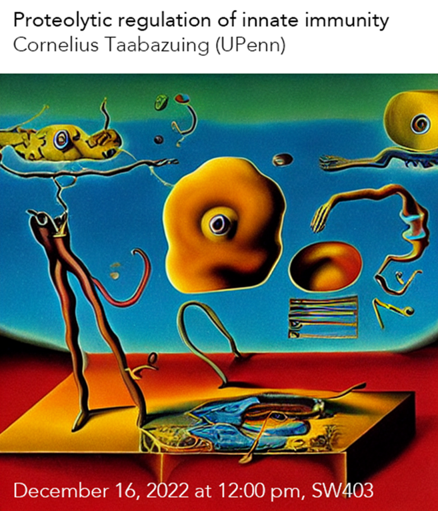
November 4, 2022
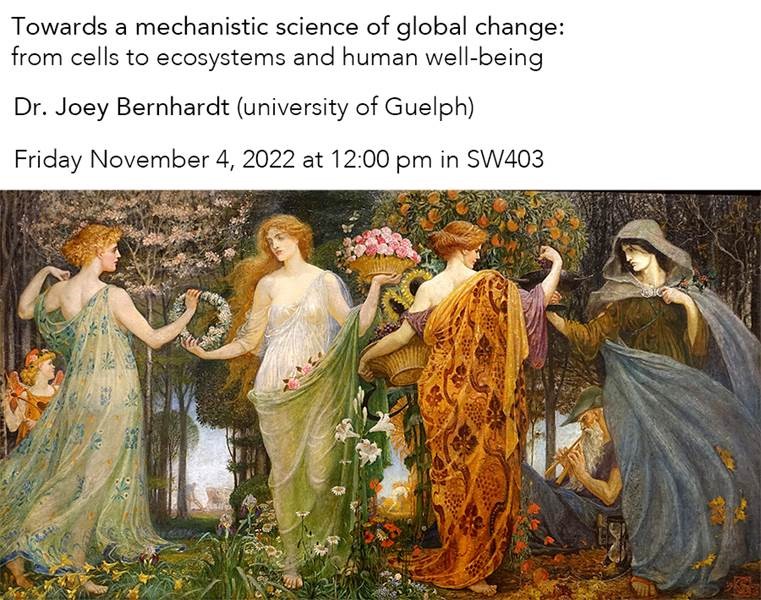
October 28, 2022
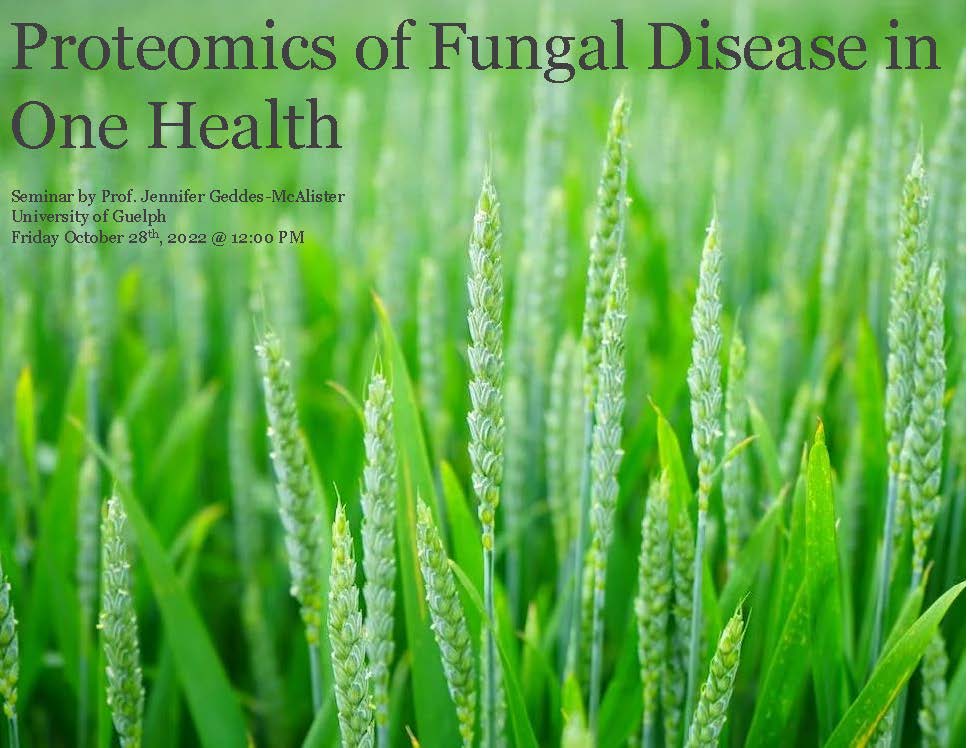
October 21, 2022
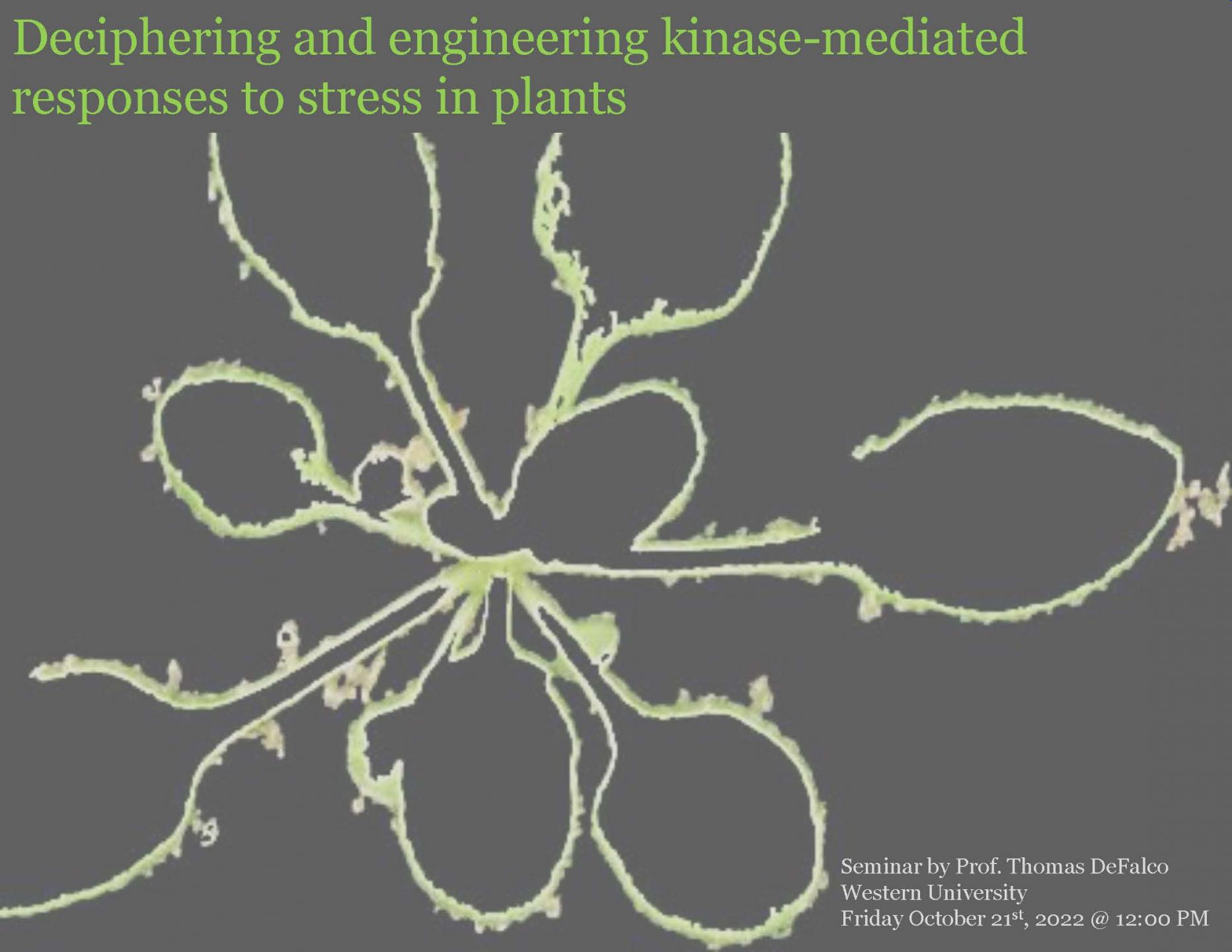
October 7, 2022 Zoominar
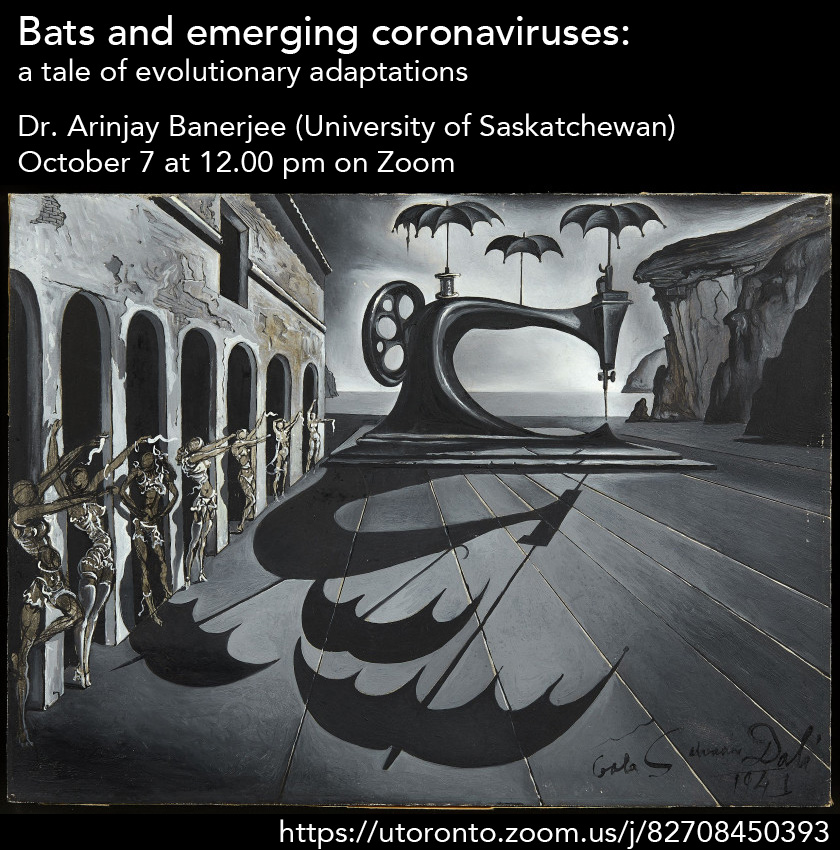
September 30, 2022 Zoominar
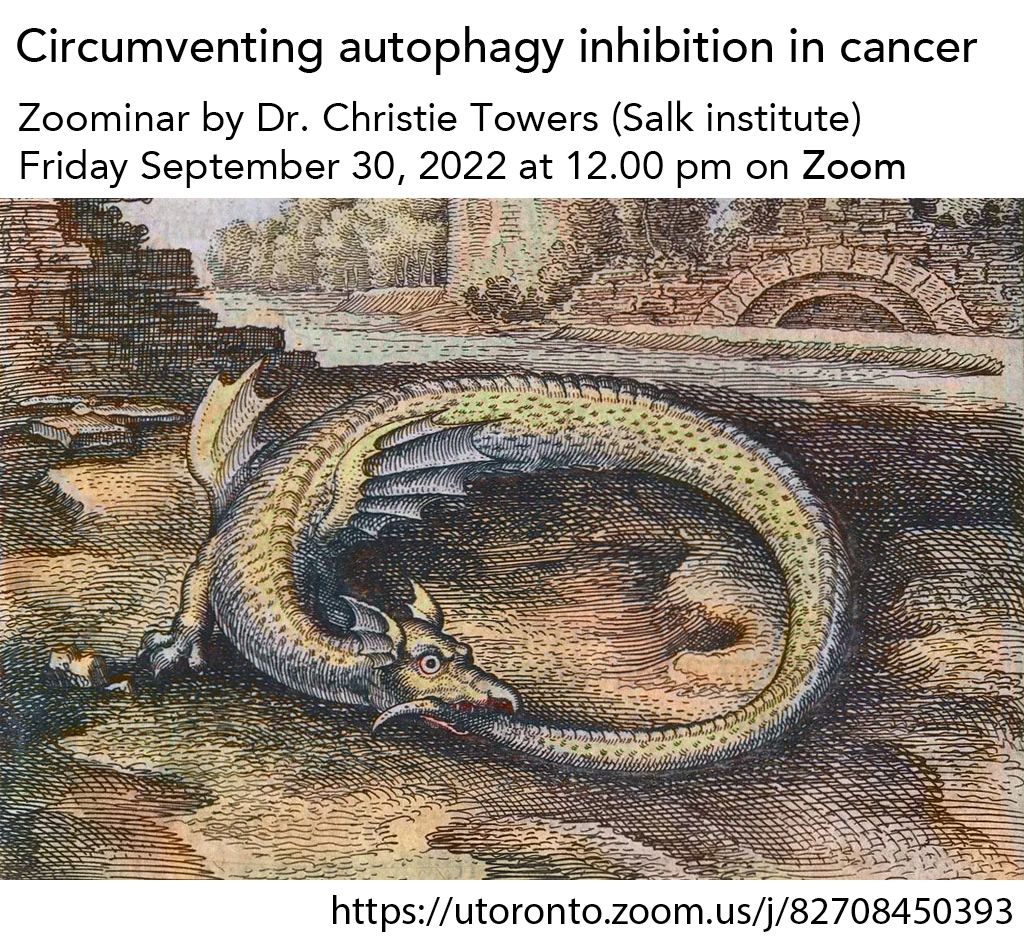
September 23, 2022
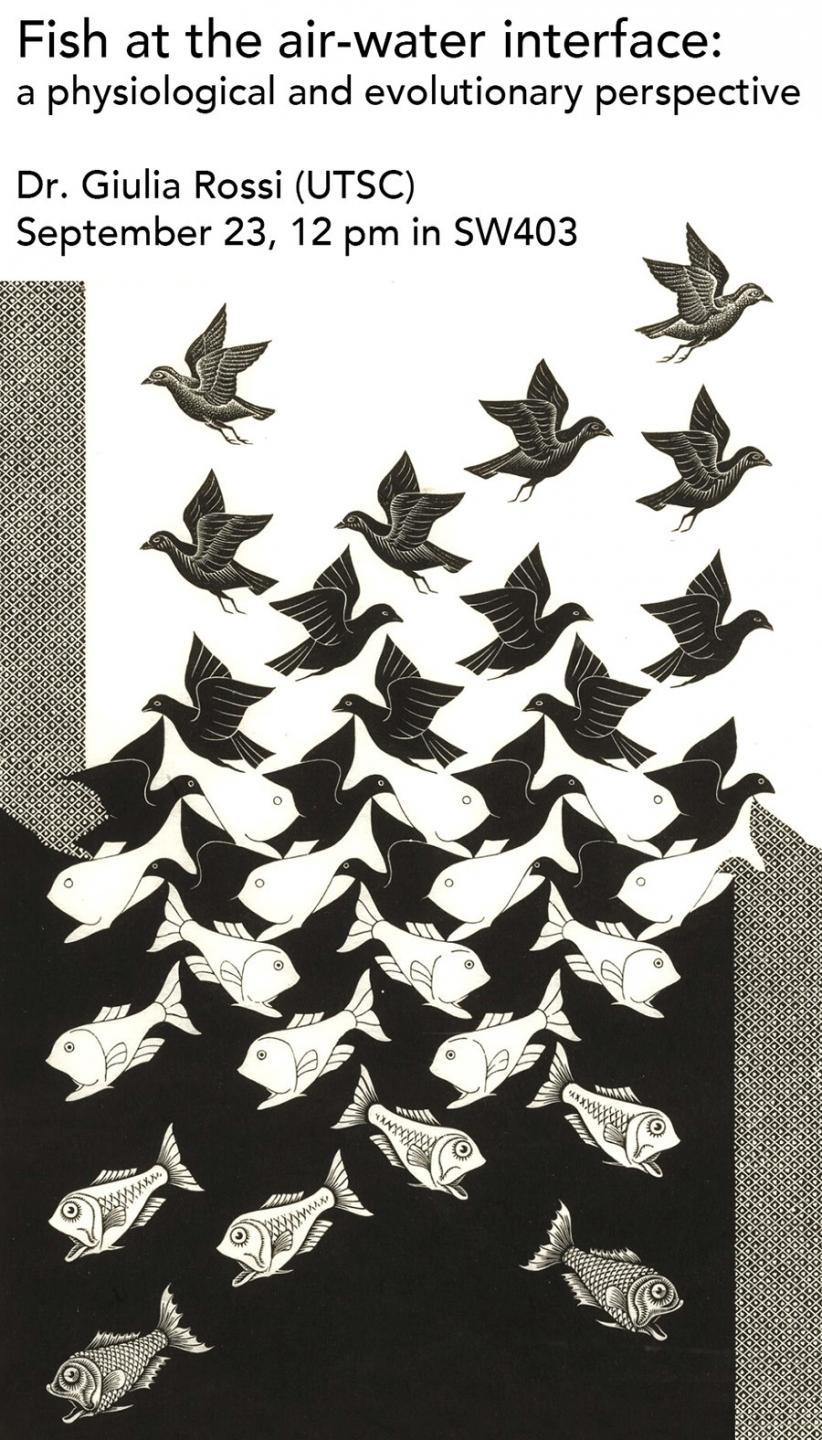
January 28, 2022 Zoominar Link: https://utoronto.zoom.us/rec/share/9YZrQsBlDdn5vO5-r4GghKelxu56Xw3bhOKaF3geKJYX1Z0Vg8M-19VpeNZ80U5N.fZDZL7c7bEc5l7Yh
(Passcode: *2Q%mh@q0q)
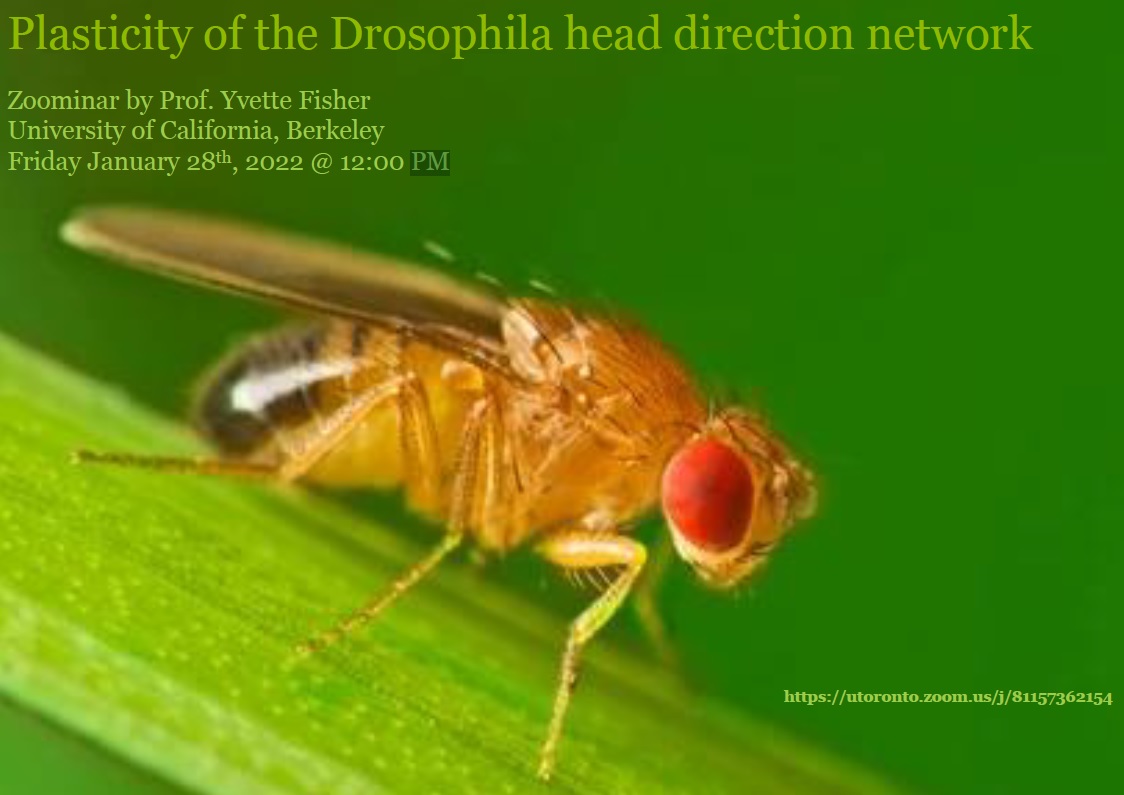
January 21, 2022 Zooominar link:
Passcode: Vrxd9@Sd$S
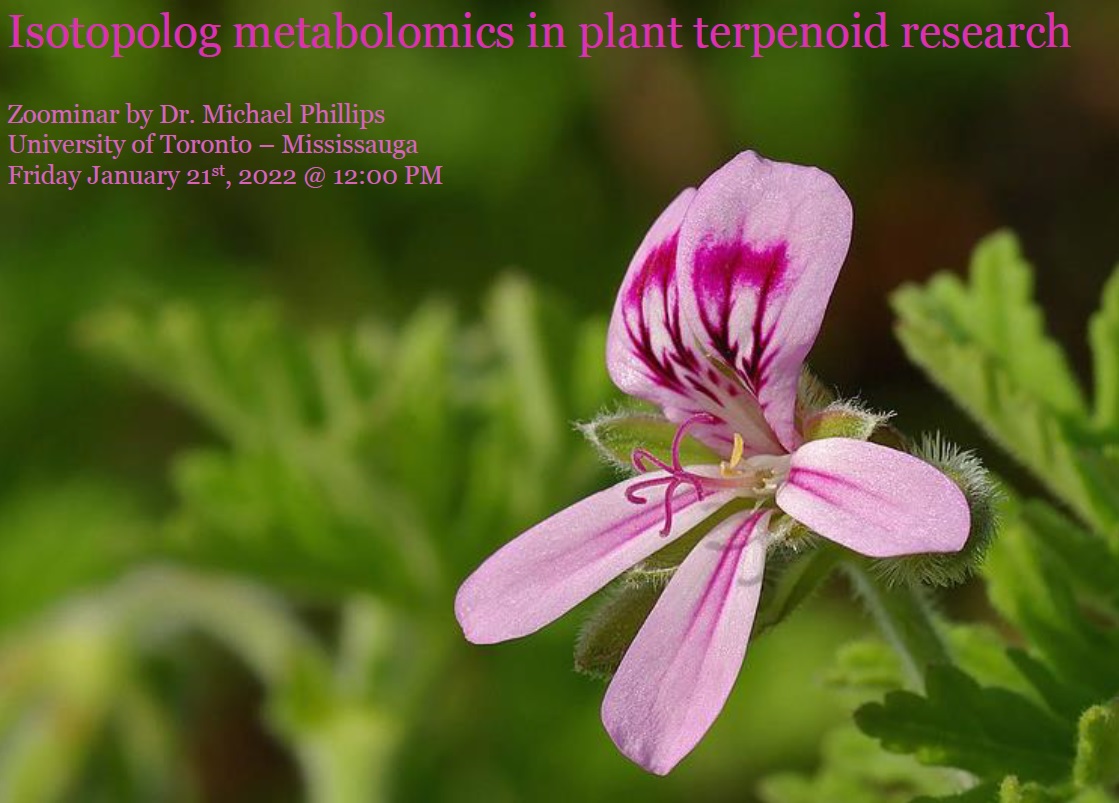
January 14, 2022 Zoominar link:
Passcode: Y@M4GdPe4z
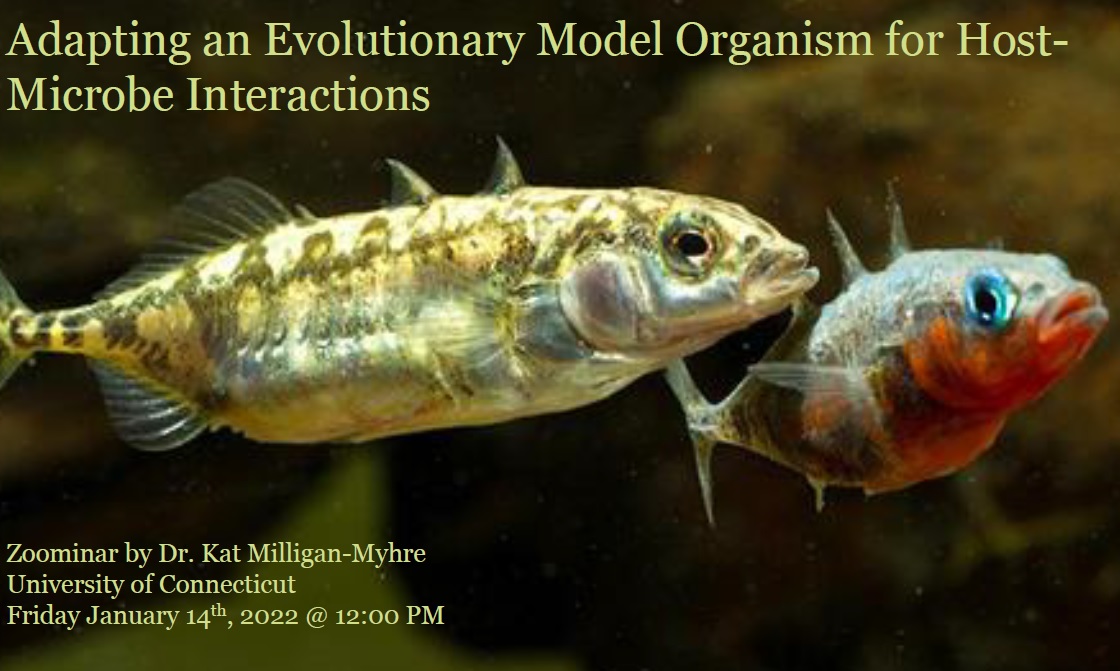
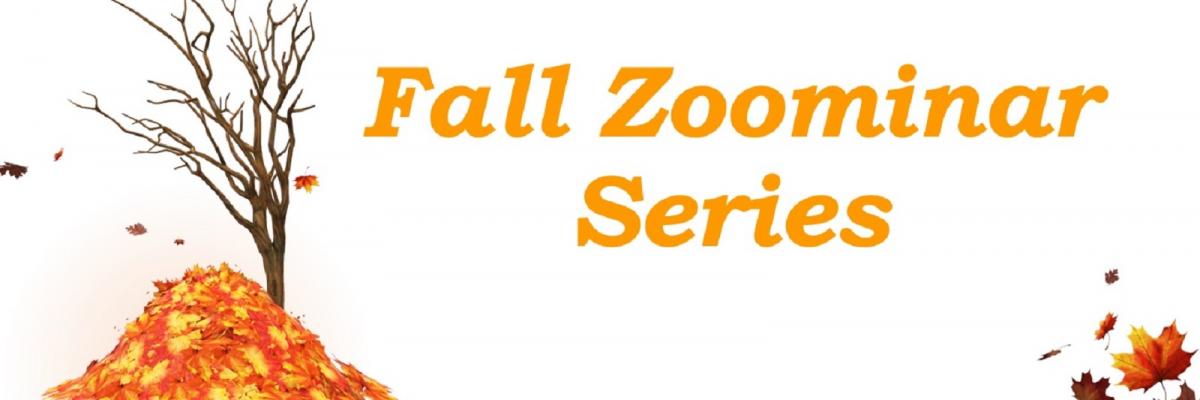
Date |
Speaker |
Title |
| Sept 13, 2021 | Dr. G. Filion |
"A gentle introduction to 2021–2022: some things I learned from blogging"
For those of you who could not attend today’s session or if you wish to re-visit the discussion, please see the link below: Passcode: p^P?J$$48% |
| Sept 24, 2021 | Dr. Sara Mathieson |
"Automatic evolutionary inference using Generative Adversarial Networks"
Passcode: X0J?n19BJ! |
| October 1, 2021 |
Dr. Schwartz |
"Finding (and solving) sources of conflict in phylogenomics"
Passcode: 09m1%Rx$v1 |
| October 8, 2021 |
Dr. Samniqueka Halsey |
"Understanding ecological patterns using long-term data sets, remote sensing, and computational approaches" Abstract: There is an upsurge in the use of long-term datasets due to increased computational power that allows us to utilize data effectively. In this talk I discuss two ways I have used long-term datasets, first for the federally threatened dune thistle, Cirsium pitcheri, and second to understand the ecology of Lyme disease. Using different modelling approaches, I aim to showcase how management can help with biodiversity conservation and understanding disease emergence.
Passcode: v#wUQcy2^t |
| October 22, 2021 | Dr. Allison Shultz |
Summary: The goal of Dr. Shultz's research program is to understand the evolutionary processes that produced diverse phenotypes, integrating both ecological and functional constraints. To achieve this broad goal, she integrates studies of phenotypic and genotypic variation at different organizational levels. Her seminar is focused on pathogen-mediated evolution using a genomic perspective and integrates research at different evolutionary timescales, ranging from a broad study of genes under selection across birds to recent pathogen-mediated evolution in House Finches.
Passcode: 4SwNrsVx&6 |
| October 29, 2021 | Dr. Adam Steinbrenner |
Summary: The plant immune system recognizes pests and pathogens and activates defense responses. While recognition of microbial pathogens is well studied, mechanisms to detect chewing herbivores are not clear. We recently identified a cell surface immune receptor to detect peptide patterns in the oral secretions of caterpillars, a mechanism uniquely evolved by a single subfamily of legume host plants. I will describe our current efforts to use this system to understand both immune signaling specificity and evolution of receptor functions.
Passcode: *v!dj.3VEj |
| November 5, 2021 | Dr. Aleeza Gerstein |
|
| November 12, 2021 | Dr. Alex Filazzola |
https://utoronto.zoom.us/j/81157362154 Passcode: T+VNVD&4bw
|
| November 19, 2021 | Dr. Rebecca A. (Becky) Chong, |
|
| November 26, 2021 | Dr. Ayari Fuentes-Hernandez, |
Passcode: S0x+^D2WYk
|
| December 3, 2021 | Dr. Rudy Boonstra |
Passcode: 9fqG!DMysf |
| December 10, 2021 | Dr. Tory Hendry |
Environmental bacteria and host interactions: evolutionary consequences and host impacts.
|
